Can you cut 1 Tonne of carbon pollution out of your life?
Take the challengeTo mark this Earth Day, we’ve featured 7 of the many beautiful ways that cultures from around the world honour and celebrate the Earth. Be inspired to stop and take stock of the incredible natural world we live in!
*Aboriginal and Torres Strait Islander people should be aware that this article may contain images or names of people who have since passed away.*
From ancient times, cultures and religions have understood nature as an incredible life-giving force, and sought to honour this through customs and celebrations. Whether it be the Sun, water, flowers or the forest, thanks are ritualistically given for various elements of the natural world. Whilst some of these traditions have been lost over time, many have survived and are still currently practiced.
In today's modern society, it's easy to lose perspective of the blessing it is to be living on a planet which gifts us everything we need for life. Whilst we may believe that we 'need' man-made technologies, in reality, it is the Earth and it's resources which sustain us. It seems that gratitude for nature has been crowded out, replaced by the glorification of 'stuff' and the aggressive pursuit of a faster, bigger, more efficient life. Perhaps, it is this loss of perspective which accounts for our dismissive attitude towards the environment, and the consequential climate crisis which now threatens us.
This Earth Day, take a leaf from many, many cultures from around the world. Stop for a moment to be grateful for our precious Earth and it's life-giving resources, and vow to protect it for generations to come by transitioning to a sustainable, low-carbon lifestyle!
Here are just 7 examples, but there are so, so many more:
- Hanami and Cherry Blossom Festival, Japan
In Japanese, Hanami is translated as 'viewing flowers', and usually refers to cherry blossom viewing. It's said that Hanami is more than a thousand years old, originally practised by aristocrats who wrote poetry under cherry blossom trees. Hanami occurs during Spring, in accordance with the blooming of Cherry Blossom flowers. Today, it is celebrated through numerous Cherry Blossom Festivals around the country. Beautiful!
Image: Shutterstock

2. Connection To Land, Australian Indigenous Cultures
Aboriginal and Torres Strait Islanders (ATSI) have a unique spiritual, physical, social and cultural connection to land which differs from non-indigenous people. Rather than viewing land as something to be owned, a home, or a commodity, ATSI people see the land as owning them. ATSI cultures view the land as a mother figure, who's health is important to preserve and protect. This responsibility is deeply embedded in ATSI cultures. The unique way ATSI people relate to land has contributed to an extraordinarily sustainable way of life; before European invasion, ATSI people lived in complete harmony with nature for over forty thousand years.
We cultivated our land, but in a way different from the white man. We endeavoured to live with the land; they seemed to live off it. I was taught to preserve, never to destroy.
Tom Dystra, Aboriginal Elder
Image: Australian Geographic
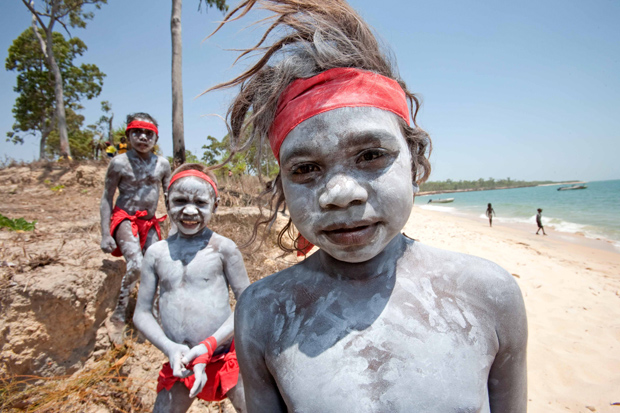
3. Friluftsliv, Norway
In Norway, there is a word which captures the nation's cultural enchantment with nature. Friluftslive literally translates to 'free air life', but has a meaning that can't quite be translated to English. The Norwegians place great importance on time spent in nature, and the word is used to describe a way of life which embodies this. There are even courses at some schools which teach Friluftslive! Norway must be doing something right…It's currently ranked as the 2nd happiest country in the world.
Image: Shutterstock
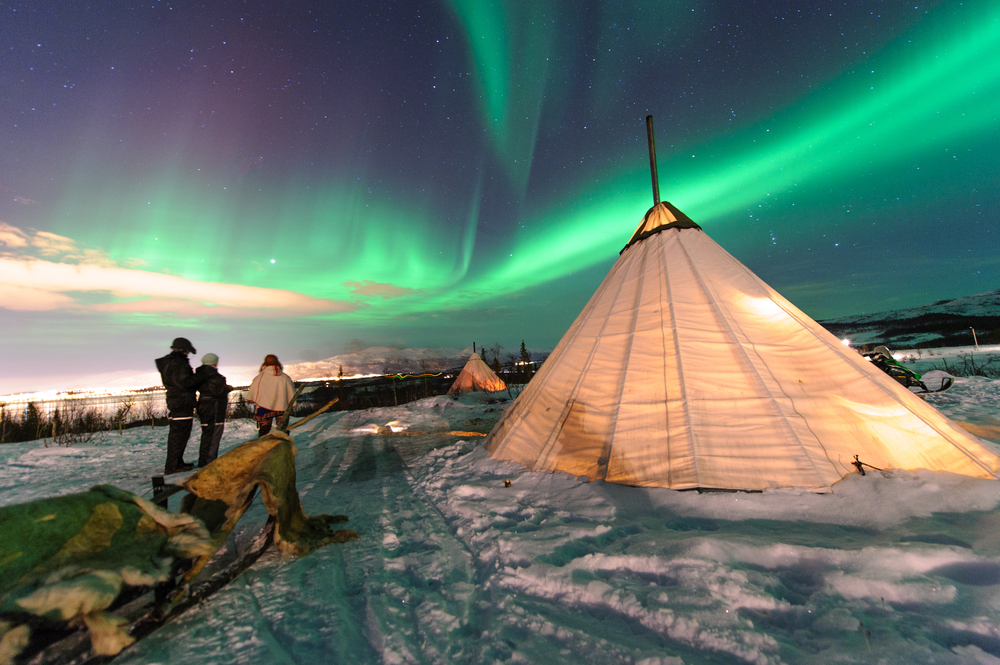
4. Nature Worship, Hinduism
Hinduism places a significant emphasis on the Earth and environmental preservation. In fact, man is prohibited form harming the earth in Hinduism. Hinduism recognises the divinity in all living and non-living things. Millions of Hindus recite Sanskrit mantras daily to revere their rivers, mountains, trees, animals, and the earth. Did you know that tree-hugging, originally known as the Chipko movement, began in India, influenced by Hindu beliefs?
Image: Shutterstock
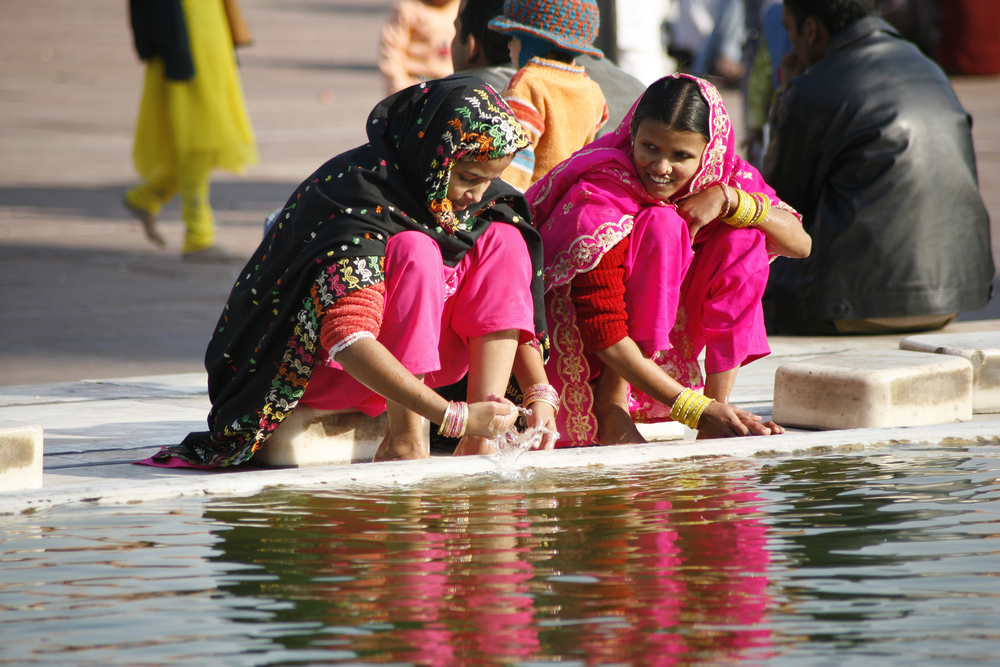
5. Fira per la Terra, Spain
Fira per la Terra, meaning Fair of the Earth, is an annual event celebrated in Barcelona in the lead up to Earth Day. Fira Per La Terra centralises on promoting action for climate justice, and showcasing products for a sustainable lifestyle. The fair has been held since 1996, and is now a thriving event on the Barcelona calendar!
Image: Shutterstock
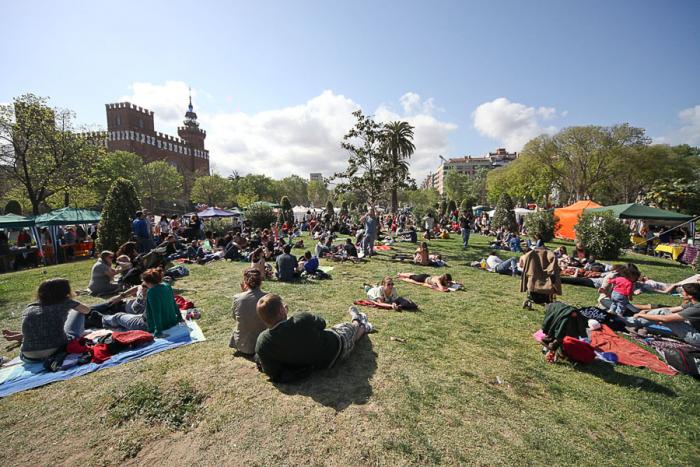
6. Baba Marta Day, Bulgaria
Baba Marta Day, translated as Grandma March Day, celebrated the first blooming tree of a new spring. In this popular tradition, Bulgarian's wear red and white thread around their wrists until the first sign of spring. In addition to Baba Marta Day is Baba Marta festival, where the meeting of Winter and Spring is marked by a vibrant festival.
Image: Shutterstock
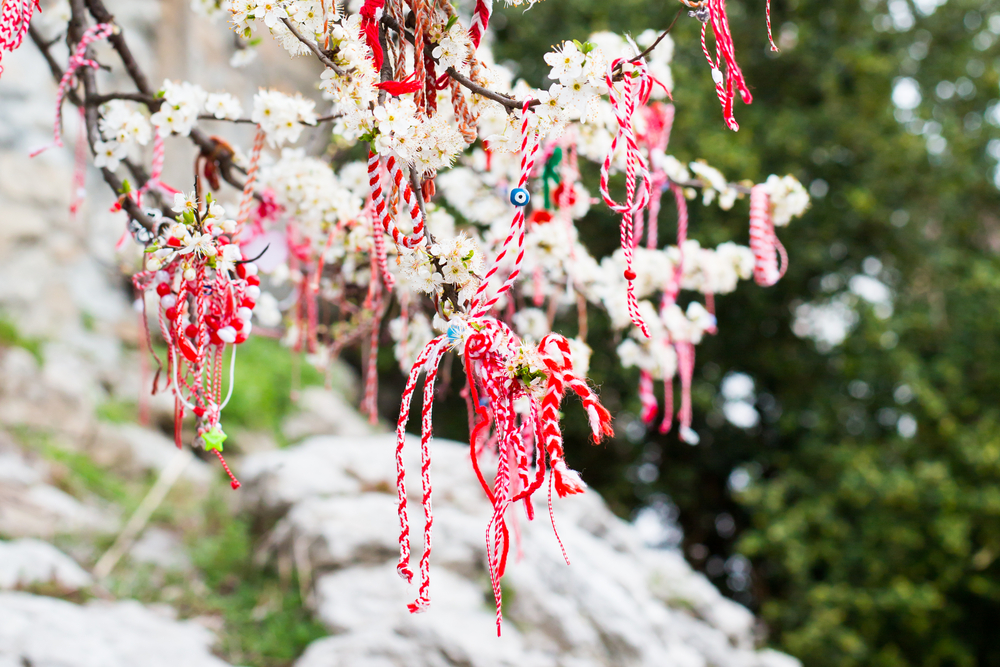
7. Shinrin Yoku, Japan
The Japanese really know how to show gratitude to Earth! Shinrin Yoku, translated as forest bathing, is a practice which promotes the health benefits of taking a short walk in a forest. The Japanese believe that Shinrin Yoku reduces stress, anger, anxiety and sleeplessness. It is now incorporated in Japanese culture as a cornerstone health remedy.
Image: Shutterstock
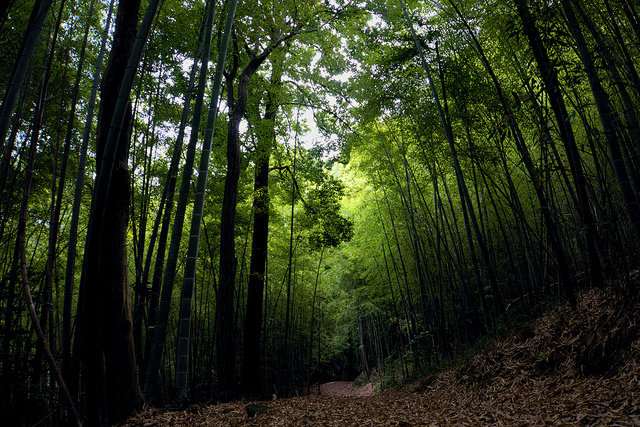
These unique customs remind us the importance of recognising our abundant, generous Earth. Not only does the natural world provide us with diverse beauty, but it quite literally sustains life. Unfortunately, all of this is under threat. Earth Day is a perfect opportunity to remember to be thankful to the incredible gifts that nature provides us with, and to help preserve it for future generations by adopting a planet strong, low-carbon lifestyle.
Read this next: Worshipping the Earth: Mayan Culture
1 Million Women is more than our name, it's our goal! We're building a movement of strong, inspirational women acting on climate change by leading low-carbon lives. To make sure that our message has an impact, we need more women adding their voice. We need to be louder. Joining us online means your voice and actions can be counted. We need you.

